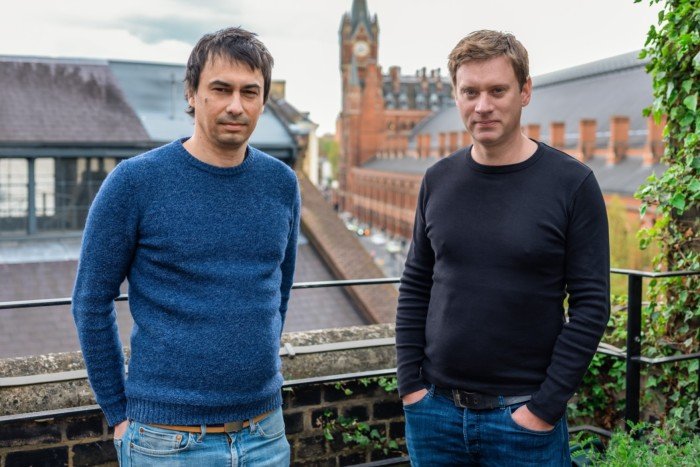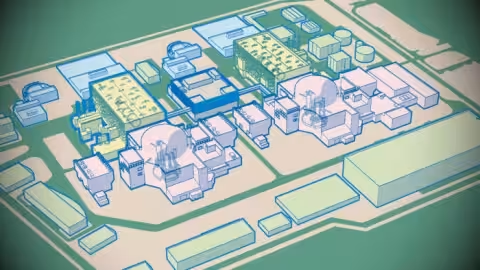Yoto, the creator of screen-free speakers for children, nearly doubled its sales last year, as the London-based company expects to turn a profit for the first time in 2025.
The UK start-up’s devices have become popular with parents looking for alternatives to smartphones for portable kids’ entertainment and now reach 3mn children around the world.
Sir Paul McCartney, the Roald Dahl family and the Chan Zuckerberg Initiative, the investment fund of Meta founder Mark Zuckerberg and his wife, Priscilla Chan, are among the investors in Yoto, which announced a $22mn funding last year.
Its mini speakers, which come in two models, play a wide range of audiobooks and music from The Gruffalo and Harry Potter to Disney’s Frozen soundtrack, sold on Yoto’s proprietary cards.
Revenues at Yoto rose 86 per cent year on year to £94.8mn in 2024, according to its latest accounts. In 2023, sales were up 84 per cent to £51.0mn, as it continued to grow after rapid expansion during Covid-19 lockdowns.
“We are seeing strong network effects kick in,” said Ben Drury, Yoto’s chief executive, attributing the growth to “strong word of mouth” as well as expansion into new markets such as Australia.
“We expect to be profitable on any basis this year,” he added. “The flywheel effect of the business model is working.”
Yoto’s losses widened from £3.4mn in 2023 to £8.4mn last year, primarily due to £7mn in exceptional costs relating to a battery recall for its Mini edition, after identifying a risk of overheating. Customers were sent a free charging cable and do-it-yourself battery replacement kit.
Drury, the former chief executive of UK digital music service 7digital, and his co-founder, Filip Denker, launched Yoto as a Kickstarter crowdfunding campaign in 2017. It used the British low-cost computing platform Raspberry Pi to build its earliest models.
Since then, Yoto has grown to become a rare recent example of a British consumer electronics company that has achieved global scale, with North America, France and Australia among its critical markets. Its products are manufactured in China, Vietnam and Thailand.
“Traditionally, a lot of venture capitalists don’t like [hardware companies] because of the working capital and the risks involved,” Drury said. “But in the world of AI, where you can clone a software-as-a-service business in a matter of hours, it’s very good to have something that’s defensible and really, really hard to do.”
Sales of cards and subscriptions now made up the majority of Yoto’s revenue, Drury said, though the company also makes a margin on its hardware. “The business model’s really working because of the recurring revenue from content,” he said, comparing Yoto’s approach to Nintendo’s unique combination of consoles and games.
Yoto’s main rival in children’s audio players, Germany’s Tonies, went public in 2021 in Frankfurt. In August, Tonies — which sells content in the form of figurines that attach to its speakers — reported a 20 per cent increase in revenues to €177mn for the first half of 2025.
Yoto is now courting online influencers to record more original content for its marketplace, as well as experimenting with interactive cards that offer a “choose your own adventure” experience. It is also working with London-based AI start-up ElevenLabs to translate some of its cards into more languages beyond English, French and Spanish.
Though its players do not have a full-sized screen, they do have a small pixelated display for showing chapter numbers. “We don’t want to create anything too addictive,” said Drury. “We strongly believe in putting kids in control.”























